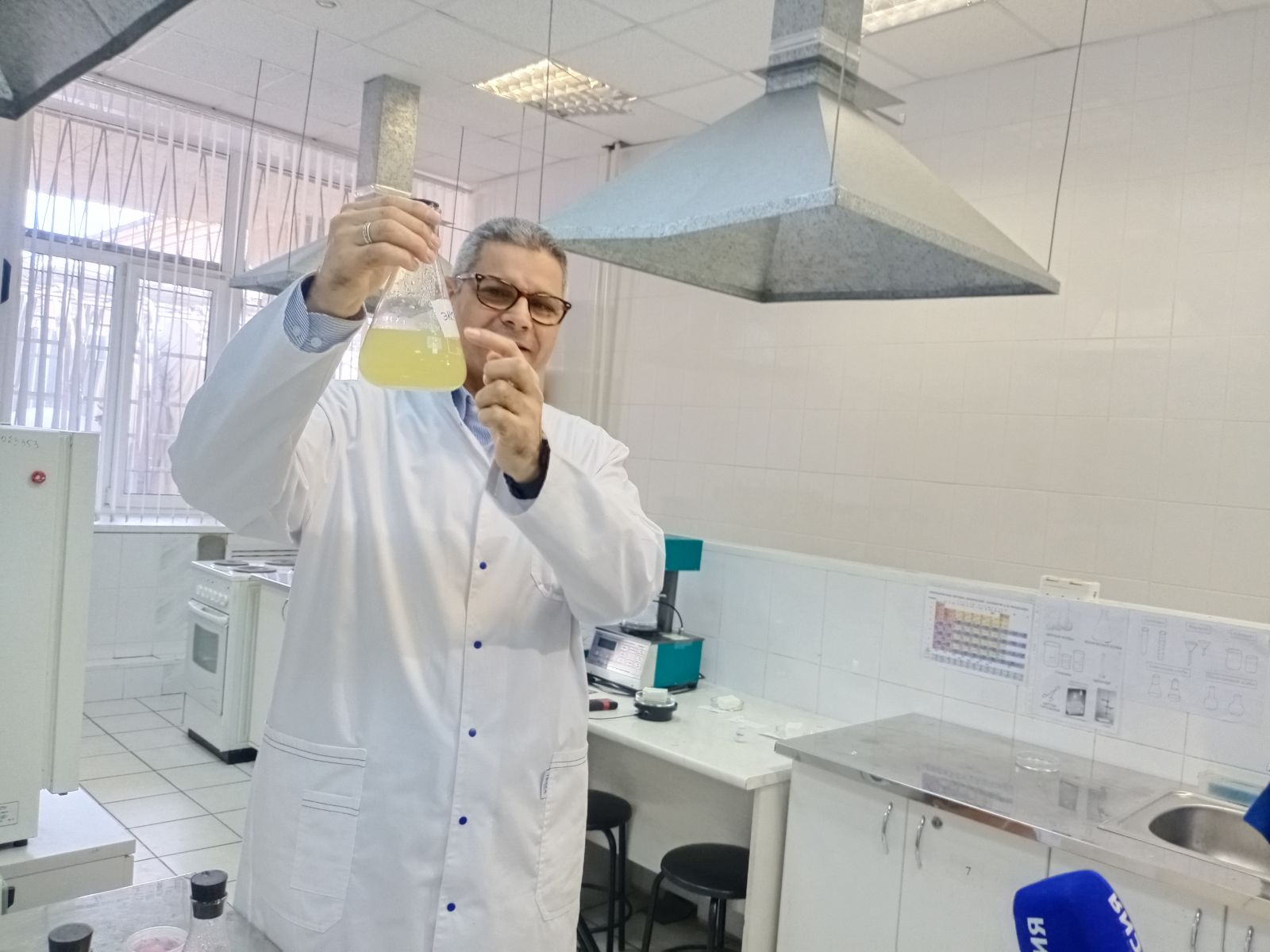Professor of the Department of Technology and Organization of Public Catering of the Institute of Sport, Tourism and Service of South Ural State University Sobhy El-Sohaimy, jointly with his colleagues from Egypt, Yekaterinburg and Moscow, conducted a comprehensive study of natural preservatives: apple peel extract, sea buckthorn fruits, black currant leaves and grape pomace. The result was published in the major Russian journal Agrarian Science.
Modern customers choose the product that is tasty, healthy, and does not spoil for a long time.
If you do not dry or salt the product, but try to preserve its fresh taste, a preservative is needed.
As a rule, potassium sorbate or sodium benzoate are used as a preservative in the majority of modern products. These chemically synthesized substances are most often indicated on the packaging and cause concern among consumers. Scientists also share these concerns: for example, the danger of large doses of sodium benzoate for the human nervous system has been proven.
But what if we use a natural product instead of a chemical one for food preservation? Maybe our grandfathers were not that wrong when they used what grew in the garden for food preservation?
Professor El-Sohaimy and his colleagues analysed the antioxidant and antimicrobial properties of natural preservatives: the first prevent oxidation (spoilage of products exposed to air), and the second slow down the development of bacteria.
As a result of the study, the group of scientists came to the following conclusions. The highest antioxidant activity was shown by grape pomace extract. The phenols-flavonols in its composition help reduce oxidation by 60-70%.

The most effective does not mean the most accessible. In Russia, much more apples are produced and consumed than grapes. Apple peel extract (at the concentration chosen by the scientists) showed 57% antioxidant activity.
The last place in this "competition" was given to blackcurrant leaves (which are traditionally put in jars for pickling cucumbers), its total antioxidant activity was 44.5%.
The best activity against both gram-negative and gram-positive bacteria was shown by sea buckthorn fruit extract. No wonder this berry is so popular in folk medicine.
To what extent can this compete with the usual chemical preservatives? The researchers claim that the antioxidant index of apple peel (57%) is sufficient to start using it as an industrial preservative.
The scientists have studied the qualities of natural preservatives. However, to turn this into a production technology that guarantees specific shelf life and organoleptic (flavour) properties of the product, further research with the selection of combinations and concentrations of natural preservatives are necessary. But this is a promising business, because according to experts, allergic reactions to natural preservatives occur much less frequently than to conventional, chemically synthesized ones.




